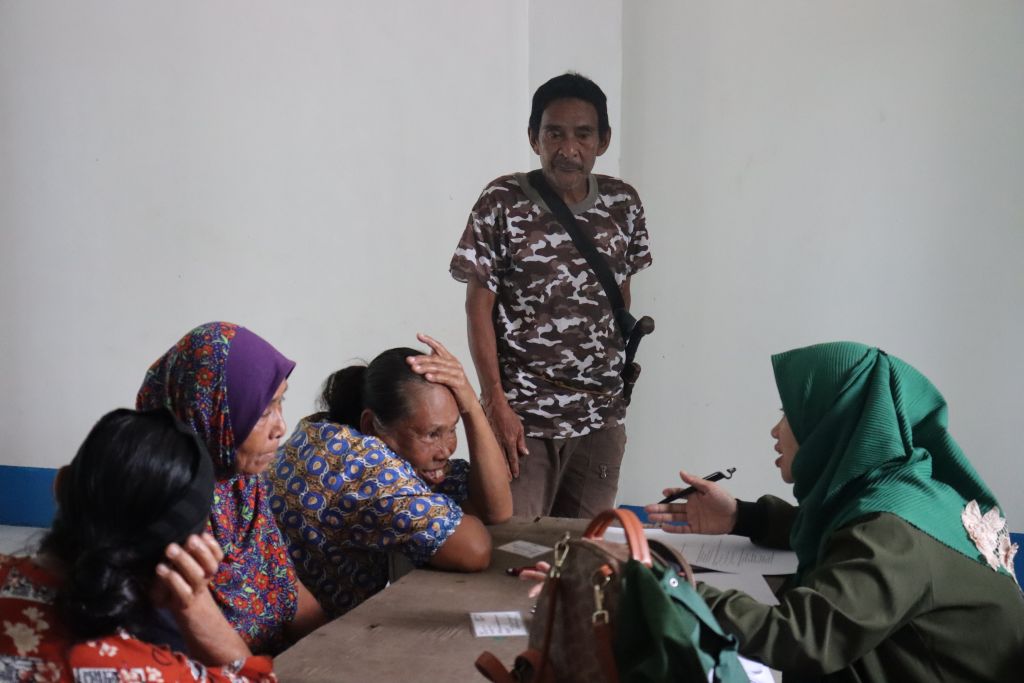

The UP Open University and UP Los Baños researchers, including Dr. Sherry B. Marasigan, Dr. Jabez Joshua M. Flores, and Ms. Mary Grace Campollo, in collaboration with the Mindanao State University-Sulu (MSU-Sulu) Research Team, conducted a comprehensive data collection initiative across five coffee-producing barangays in Patikul, Sulu last 21 to 25 January 2025. This activity forms part of the ongoing research under the project “Enhancing the Sustainability, Profitability, and Inclusiveness of Coffee Value Chains Involving IP Communities: The Case of Kiangan, Ifugao and Patikul, Sulu,” a partnership between the two institutions.
The data collection aimed to gather vital information on the existing coffee value chain in these communities, assess the challenges faced by indigenous coffee farmers, and identify opportunities for improvement in coffee production, processing, and marketing. The five out of nine coffee-producing barangays, covered during the data collection activity were Latih, Bungkaung, Buhanginan, Danag, and Maligay – all known for their coffee-growing heritage and potential contributions to the local coffee industry.
On 22 January 2025, Dr. Marasigan, the Co-project leader of the IP Coffee Project, started the data collection activity with a training to prepare the enumerators, specifically the research team from MSU-Sulu, about the survey-based data collection approach. Dr. Marasigan trained ten participants from the indigenous community, focusing on the techniques, ethics, and best practices for conducting effective and efficient interviews with project respondents.
During the five-day fieldwork, the research team conducted structured interviews with local coffee farmers, community leaders, and stakeholders. Key topics explored included farming practices, post-harvest processing, supply chain dynamics, market accessibility, and the socio-economic conditions of the farmers. The team also documented indigenous knowledge and traditional methods used in coffee cultivation, providing insights into sustainable and culturally relevant approaches to coffee farming. Every piece of collected data was carefully validated to ensure its meaningful contribution to the project.
The participation of MSU-Sulu’s research team was instrumental in facilitating community engagement, ensuring cultural sensitivity, and providing local expertise on the region’s coffee industry. Their collaboration with the project team reinforced the importance of an inclusive and community-driven research approach.
This activity included data collection through drone mapping led by Dr. Jabez Joshua M. Flores, Project Resource Person, capturing aerial views of the coffee farms in Patikul for assessment. Over two days, a total of 221 hectares of land with coffee trees was mapped, representing only 10% of the total sampling area of the project site. Due to the absence of defined boundaries and the intercropping of coffee trees with other fruit trees, the main road served as a reference for drone navigation. Through drone simulation, the project team can identify the number of coffee trees and assess the situation of coffee farming in Patikul, Sulu.
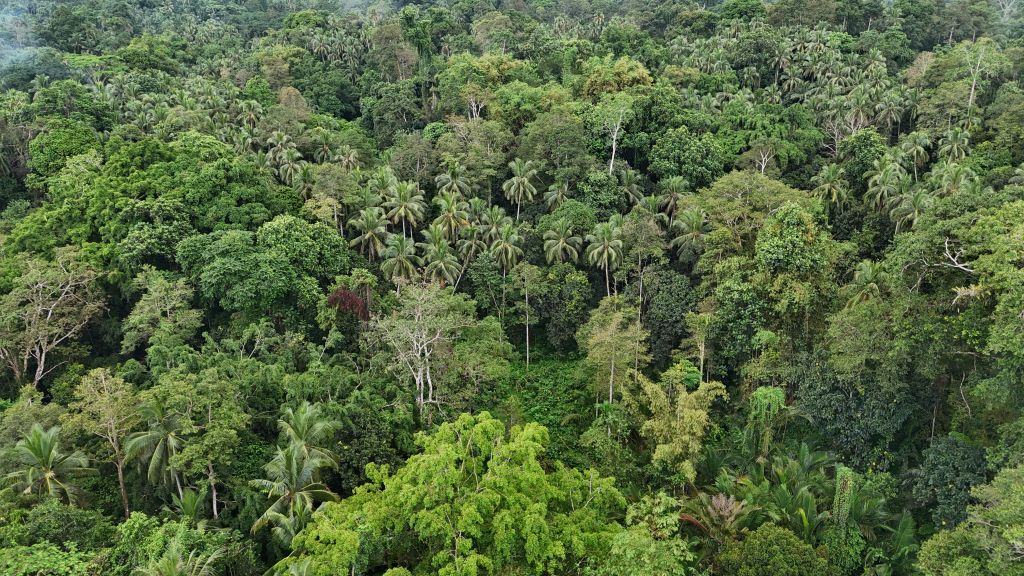

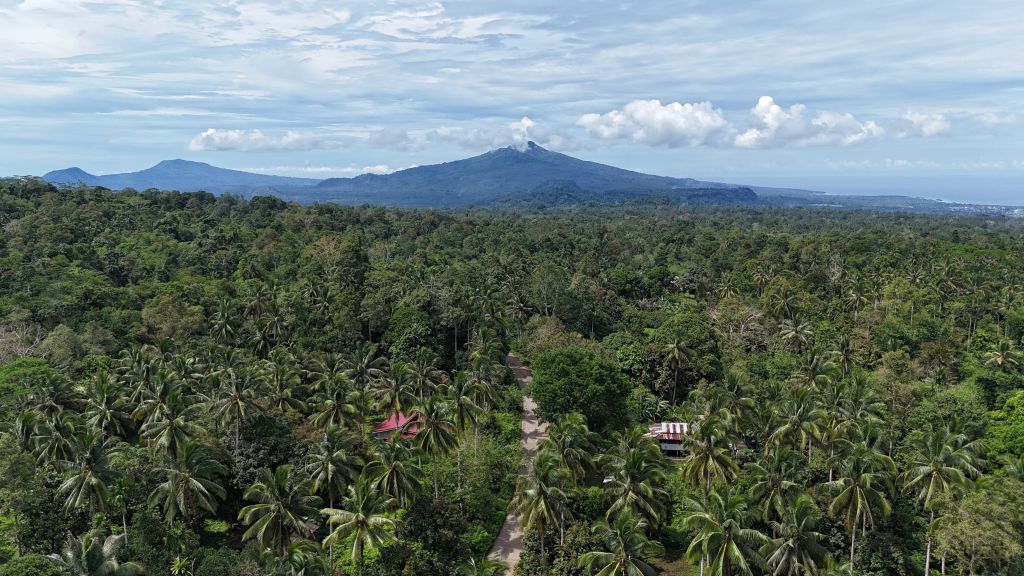

The findings from this data collection will be analyzed to develop strategic recommendations that will benefit indigenous coffee farmers in Patikul. The project team aims to use the insights to propose initiatives such as capacity-building programs, technology integration, and market linkages that can improve the coffee value chain in the region.
Furthermore, Dr. Flores conducted a short training session on permaculture for the coffee farmers about permaculture. The session provided comprehensive information, helping farmers and other Tausug community members understand how their agricultural landscape aligns with permaculture principles, highlighting Patikul’s rich biodiversity. Dr. Flores effectively captured the interest of the farmer participants toward sustainable farming practices.
The IP Coffee Project is committed to fostering sustainable livelihoods for Indigenous coffee farmers in both Kiangan, Ifugao, and Patikul, Sulu. Through research-driven interventions and collaborative efforts, the project aspires to elevate the role of indigenous communities in the Philippine coffee industry while promoting environmental conservation and cultural heritage preservation, contributing to the following Sustainable Development Goals (SDGs).
Written by: Mary Grace Campollo • Edited by: Larry N. Cruz
Sustainable Development Goals


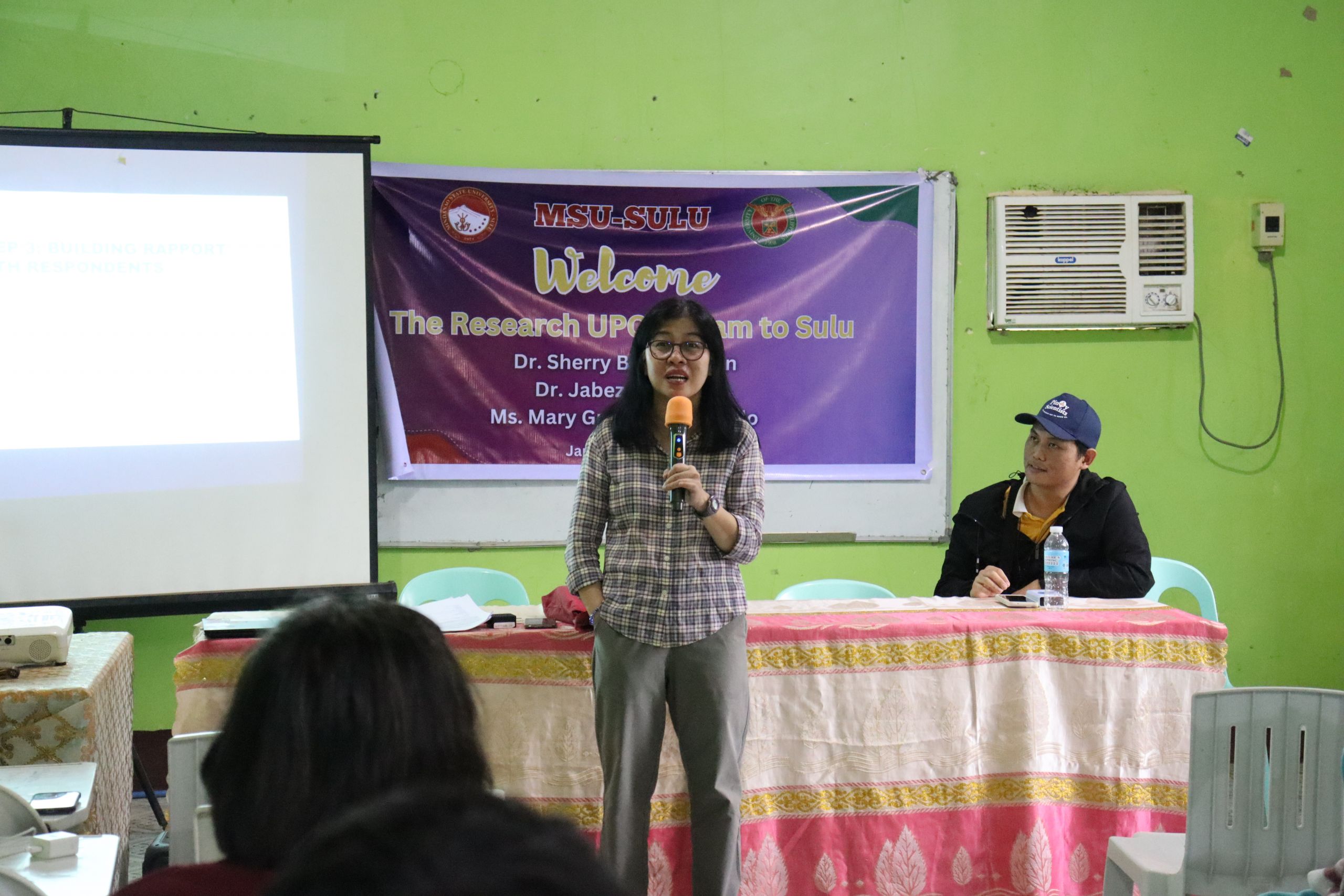
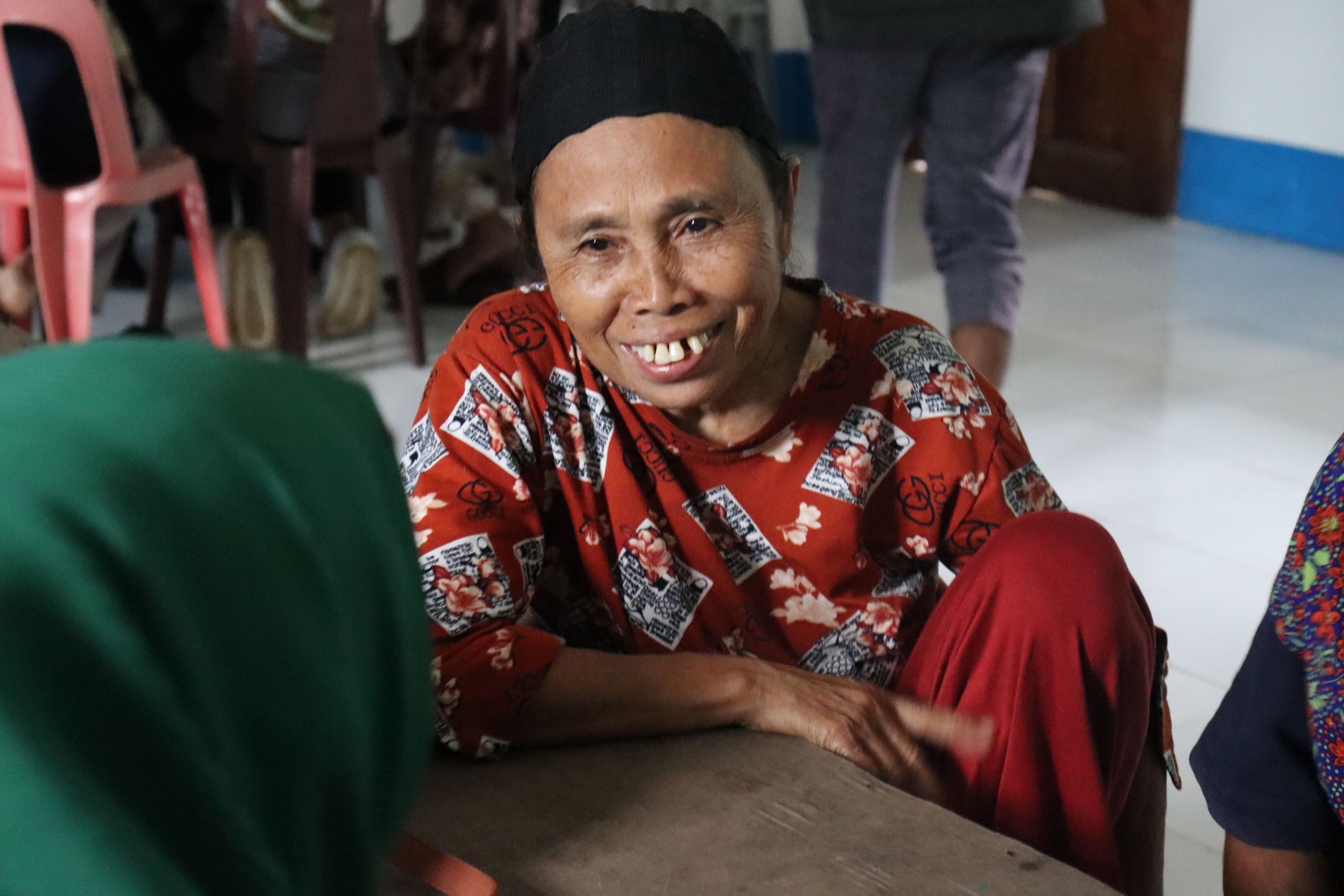
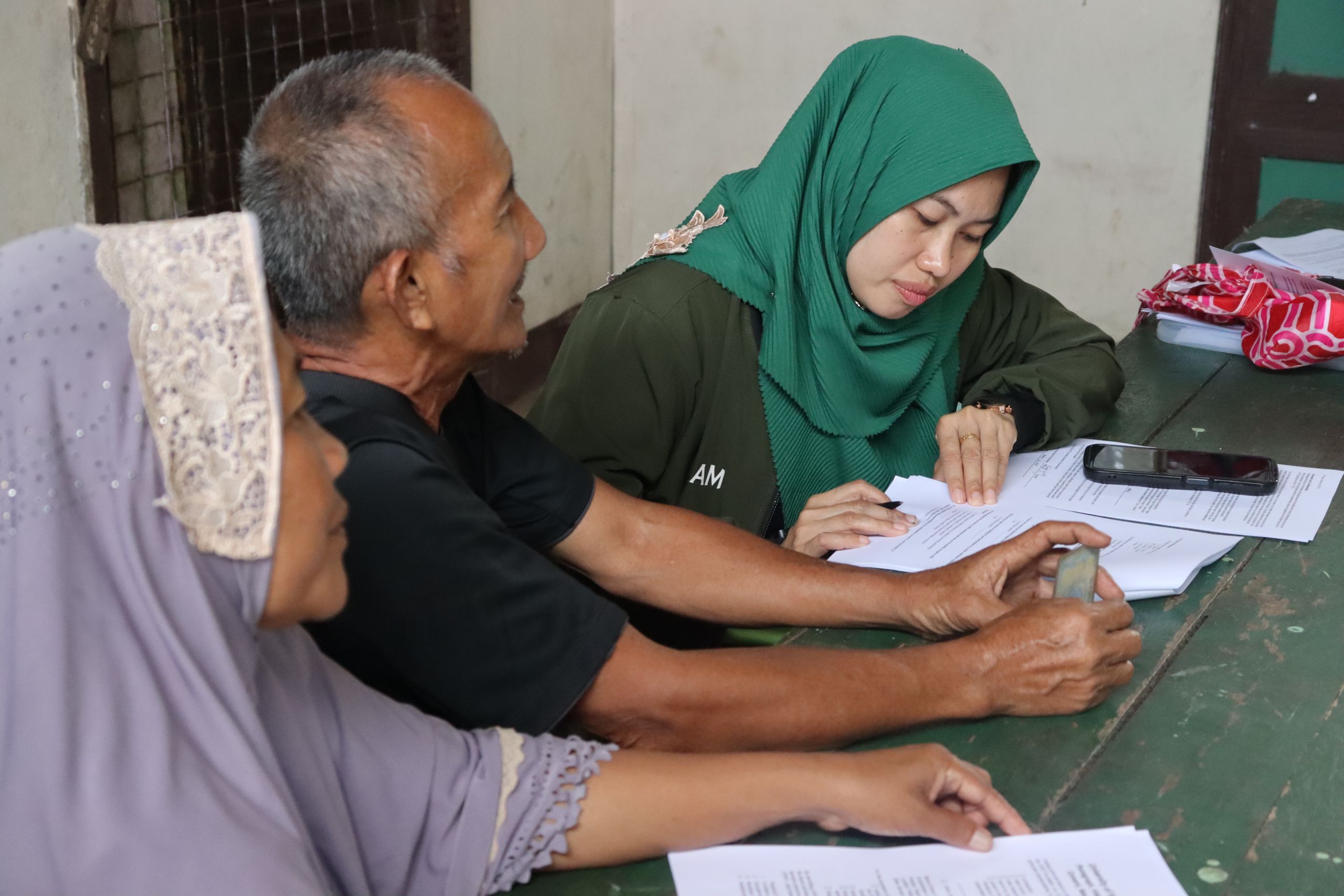
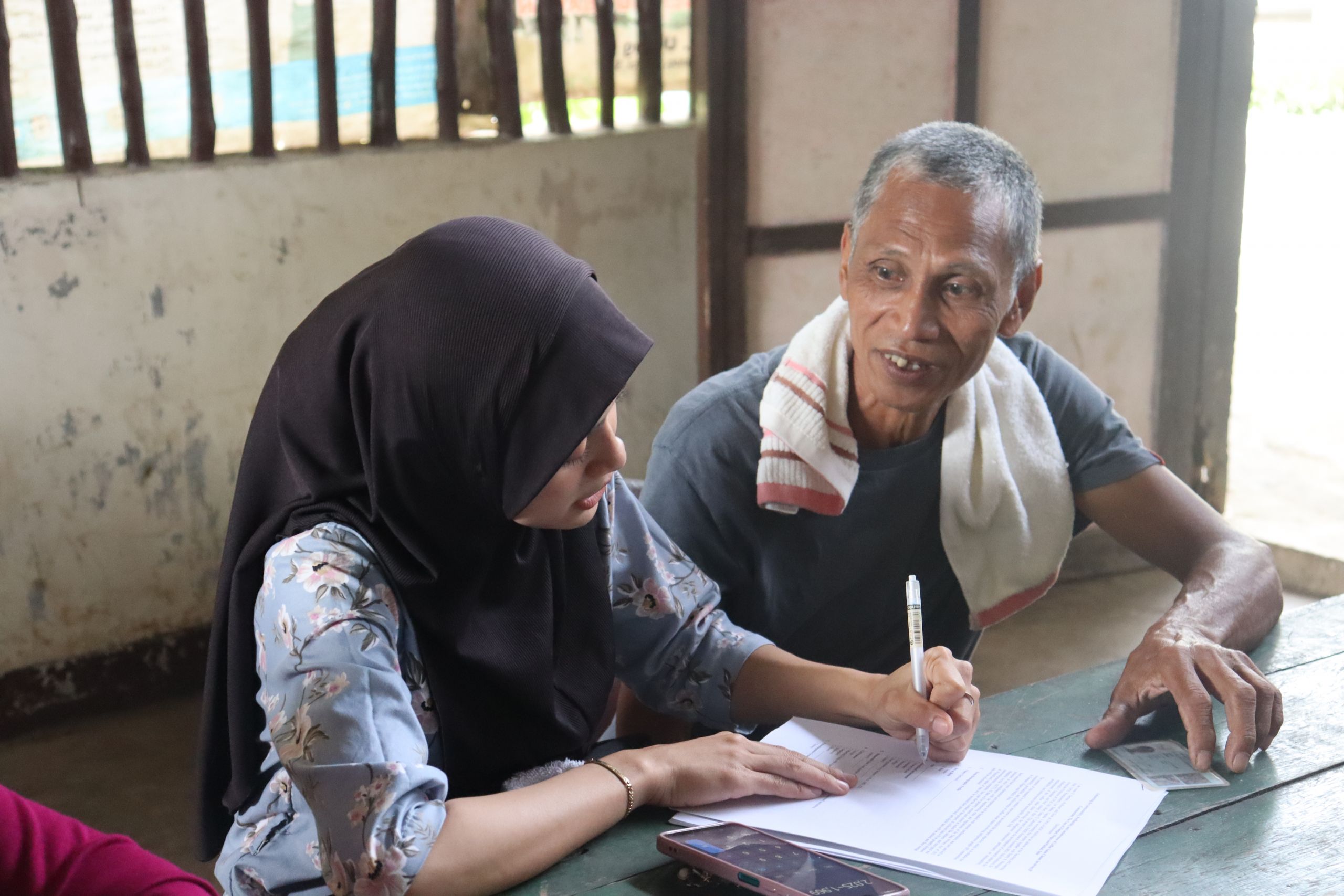
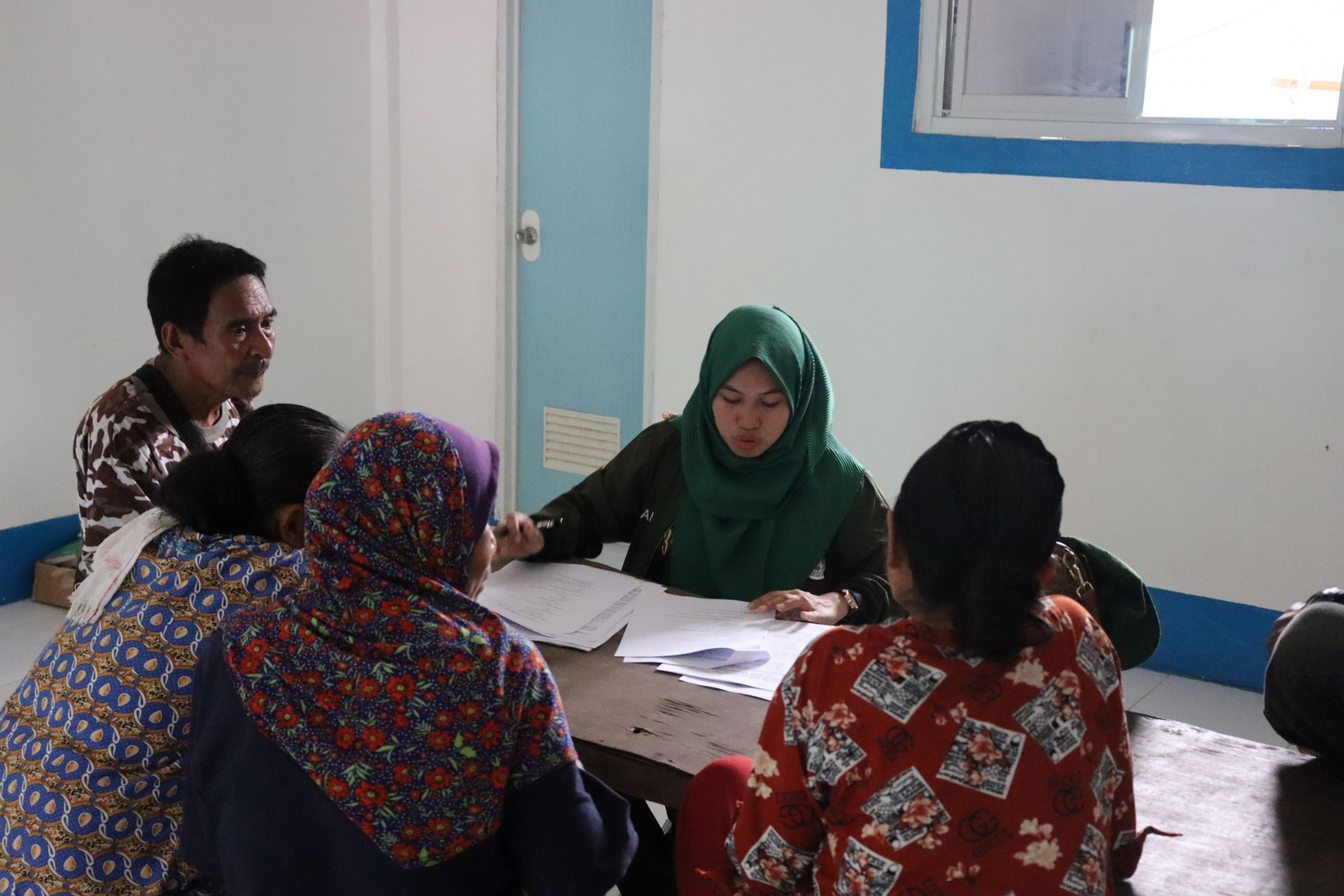

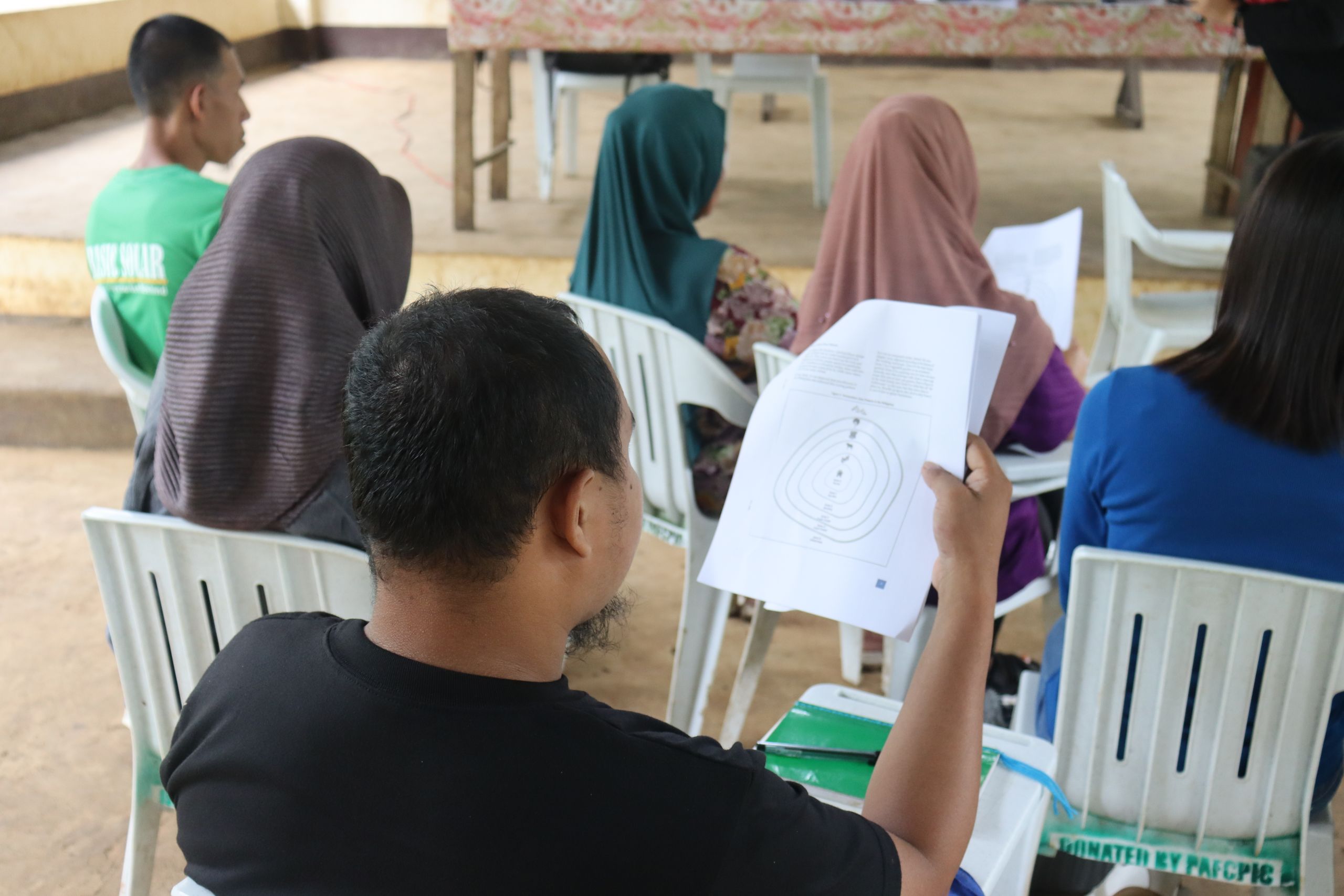
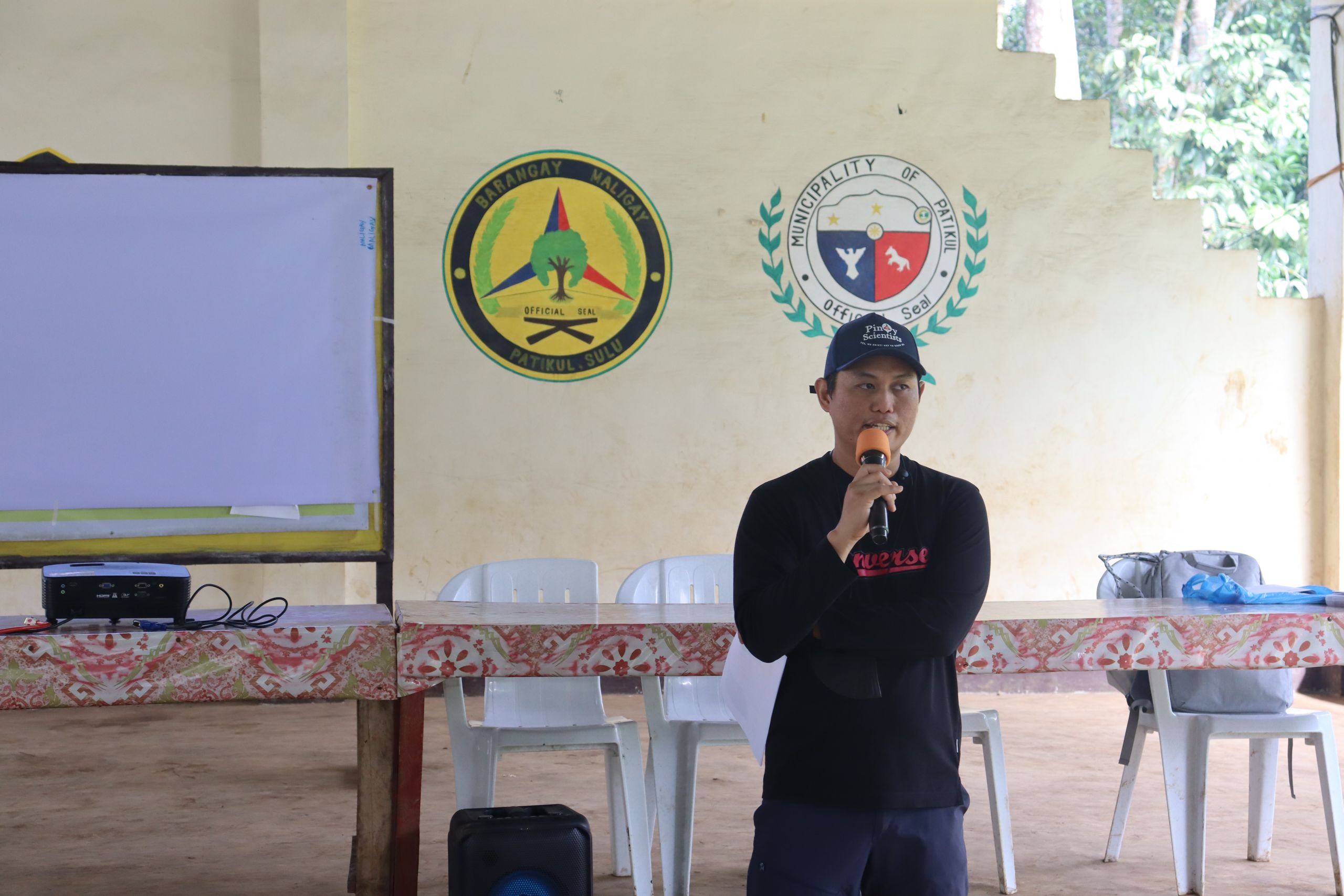
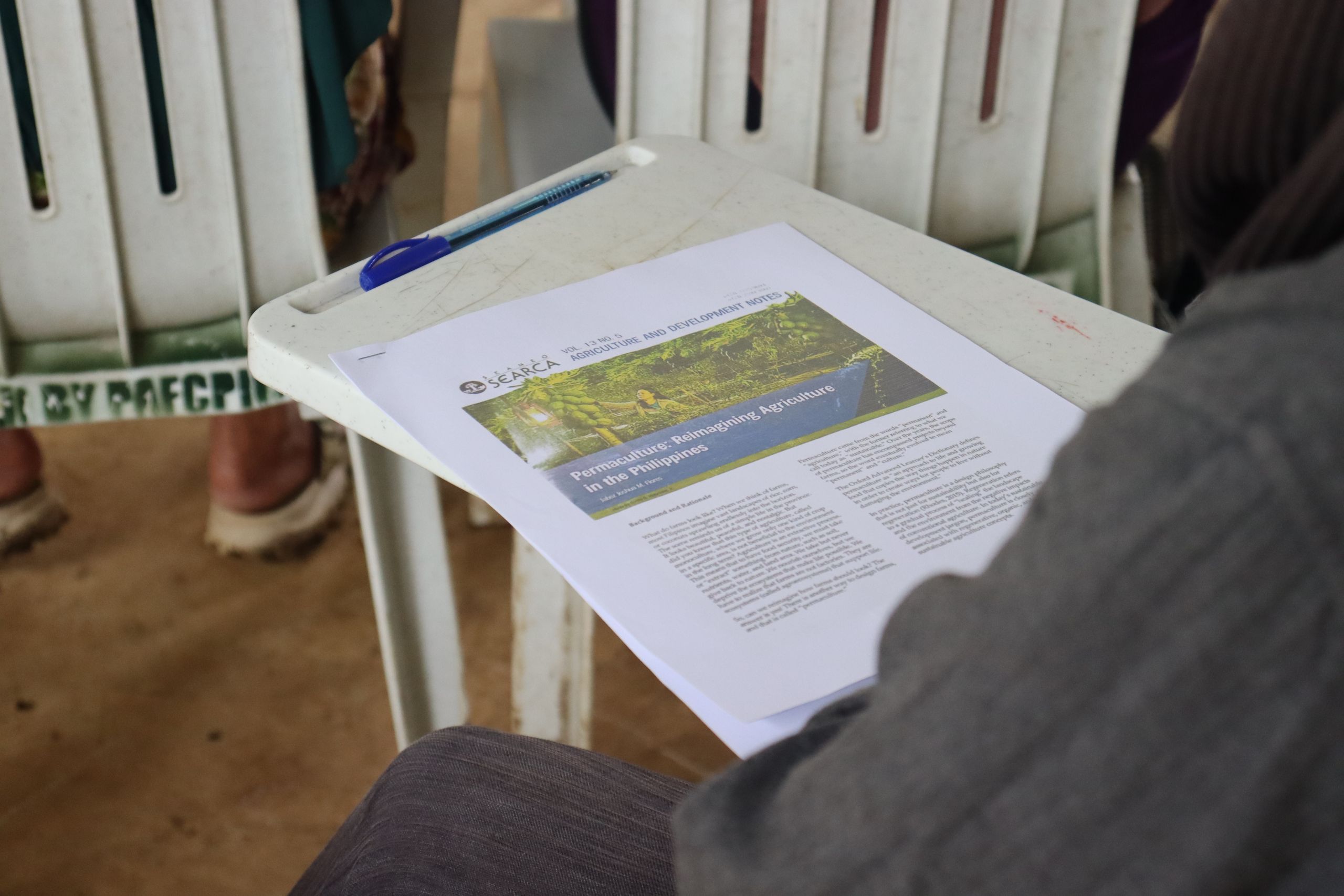
















FMDS Socials